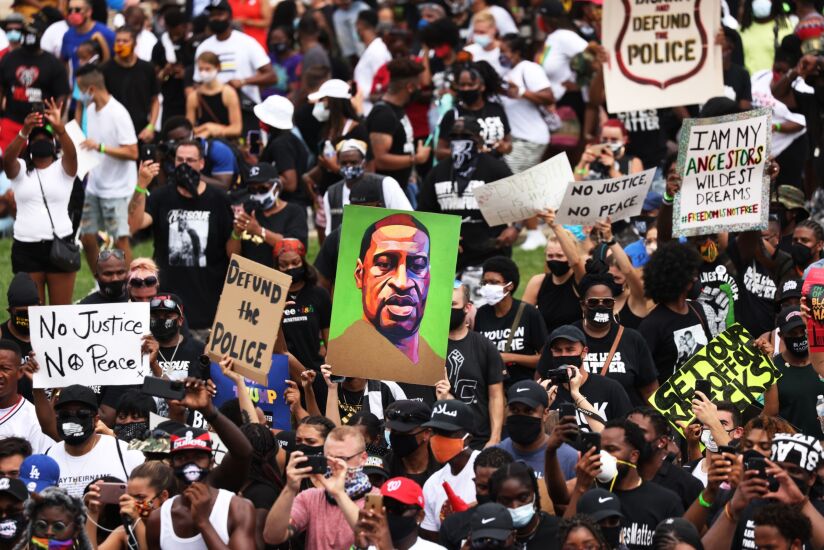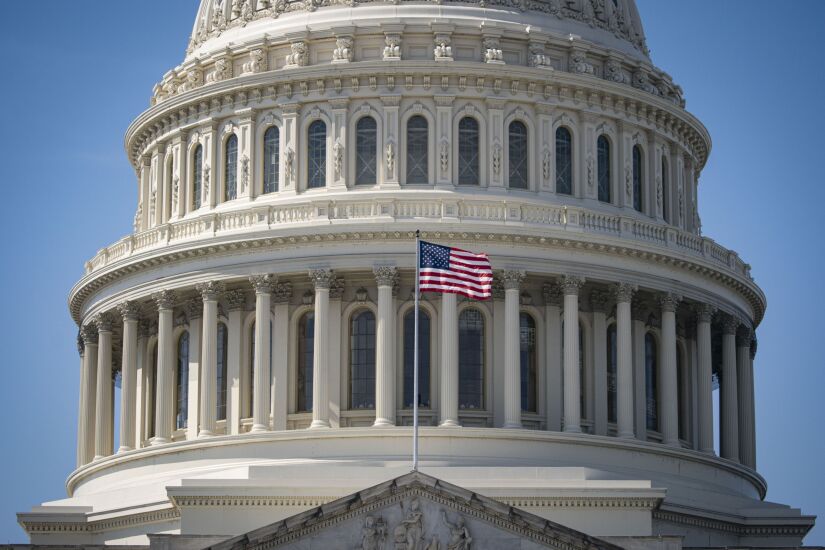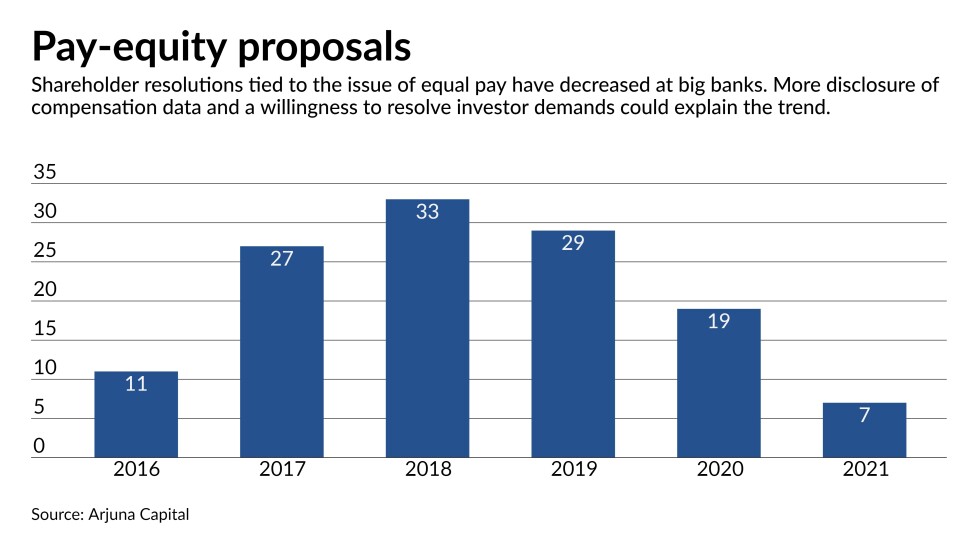That rite of spring known as annual meeting season begins soon, though social-distancing practices will make it
As always, bank investors will get to vote on a slew of proposals from their fellow shareholders. Proxy items in 2020 range from increasingly familiar issues such as environmental impacts and racial equity to more cutting-edge concerns about nuclear weapons financing and whether public companies should be restructured to make them more responsible to their communities.
But something makes this year unique: Extra pressure is mounting on activist investors to rack up votes for their initiatives ahead of
Below is a look at the issues that will take center stage in the coming weeks and years and banks’ arguments against the proposals.










